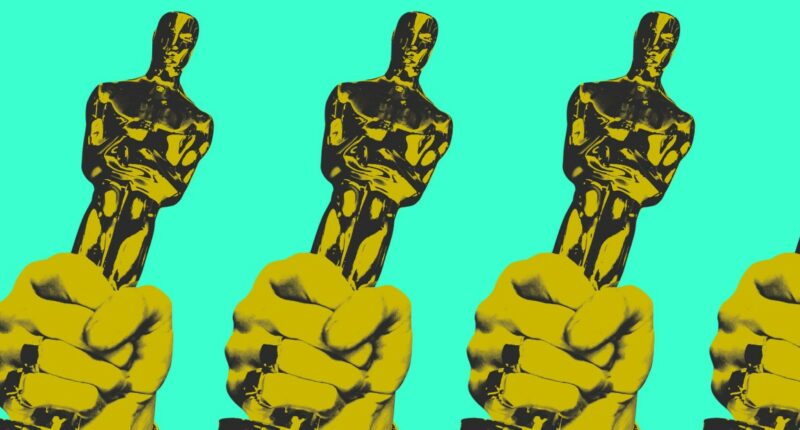Share this @internewscast.com
This is an excerpt of Sources by Alex Heath, a newsletter about AI and the tech industry, syndicated just for The Verge subscribers once a week.
This week, I got an up-close look at how far apart Silicon Valley and Hollywood are on what to do about AI.
At OpenAI DevDay, Sam Altman introduced the innovative Sora app, meant as a boon for content creators. He implied that OpenAI might be perceived as overly restrictive by not enabling the creation of a wider variety of AI videos.
Altman remarked during a media Q&A in San Francisco, which I attended, “Overall, creators, rights holders, and audiences are thrilled about the possibilities.” He likened it to a contemporary version of fanfiction, suggesting it would enhance connections.
The following day, I attended Bloomberg’s Screentime event in Los Angeles, where media professionals, agents, and studio heads discussed the looming AI revolution. With Sora reaching 1 million App Store downloads, it was front and center for everyone. I left with the impression that Hollywood’s leadership is still grappling with AI’s fast-evolving nature, which threatens to surpass their grasp.
Paramount Skydance CEO David Ellison called AI a “new pencil” to create with
At Screentime, the frequently repeated mantra, “we care about copyright,” was recited like a prayer. Yet, attendees hesitated to directly confront how OpenAI appeared to use their intellectual property without consent, introducing a product that unashamedly admitted this. The silence and lack of a united stance from Hollywood’s executives on this critical topic should raise concerns among industry insiders.
Netflix co-CEO Greg Peters, while onstage, dodged a direct query from Bloomberg’s Lucas Shaw about Sora, instead focusing on the more mundane AI applications across production stages. Paramount Skydance CEO David Ellison also emphasized AI’s benign, tool-like potential, likening it to a “new pencil” for creativity. The lone executive who came close to acknowledging the core issue was Warner Music CEO Robert Kyncl. He stressed the importance of licensing Warner’s content for training purposes, warning of consequences for those who violate this.
The music industry’s robust stance, compared to the hesitant approach by major talent agencies on AI, is not unexpected. Music labels, as a unified group, have previously tackled similar challenges with the onset of music streaming. Kyncl even suggested that AI could ultimately benefit the music industry, paralleling how YouTube addressed its copyright dilemmas to become a cornerstone entertainment distribution platform.
He may be right about music specifically, but the lack of collective action from the rest of Hollywood means that the AI companies are poised to keep getting away with asking for forgiveness instead of permission. OpenAI’s decision to train Sora in this manner was a deliberate choice, not an accident, and it showed a complete lack of regard for the implications of sucking up everyone’s content to feed its AI. Altman is simply following the same playbook the tech industry has used in the past to achieve dominance, so who can blame him this time?









